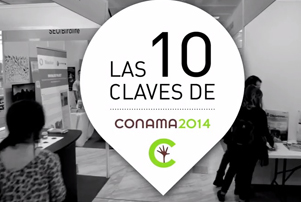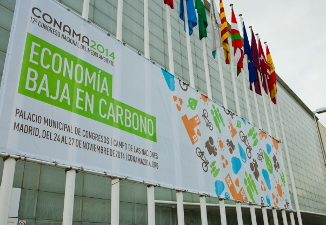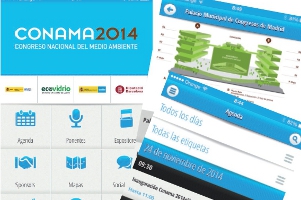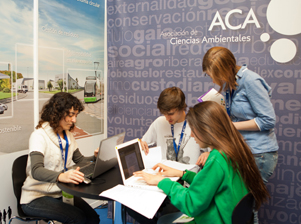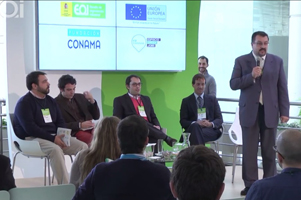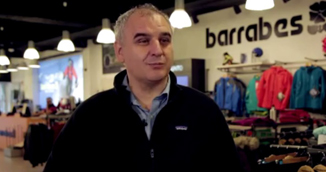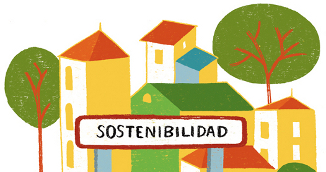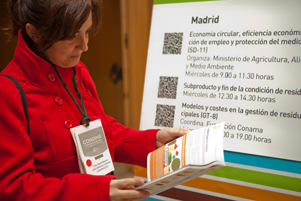Patrocinadores


























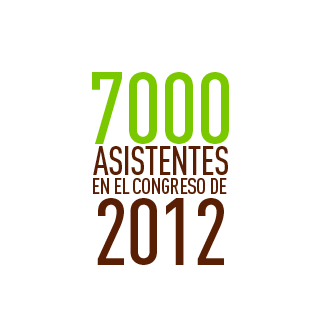
Colaboradores
Coorganizadores



























LIFE EWAS: The potential of new information technologies to optimise waste management
|
Autor:
Ignasi Puig Ventosa ENT Environment and Management |
|
|
Tipo:
Comunicación técnica panel |
|
| Temática: Calidad ambiental; Tecnología e innovación; Urbanismo y edificación | |
|
|
|
| Documentos asociados: Doc. Panel | |
|
|
|
|
Resumen: |
|
|
The LIFE EWAS project aims to foster innovation in waste management by demonstrating the potential of new information technologies to optimise current EU waste management practices and to establish a way forward for the adoption of a standard and more sustainable model. The project also studies the current waste management systems of the regions involved in order to identify ways of making them more sustainable waste. More specifically, the project aims to highlight successful waste prevention and collection activities to promote their wider adoption across Europe. EWAS aims to ensure sustainable management of natural resources and waste, emphasising the importance of energy efficiency and the reduction of GHG emissions, noise and traffic congestion during the collection and transportation of waste. The project actions will extend the uptake of innovative waste collection methodologies using low-invasive technologies that will modernise municipal waste management. These actions, which will be carried out in the municipalities of Seville (Spain) and Chania (Greece), will include: ° Creating an online citizens platform to raise awareness and foster recycling; ° Establishing standard waste management technologies for collecting garbage – i.e. sensors that control the filling levels, dynamic routes, etc.; and ° Setting up an online global platform for stakeholders to improve management waste collection that includes best practices, reference data and aggregated open data from the waste management tools. Expected results: ° Reduction of the cost of waste management activities by 15-30% and GHG emissions by over 10%; ° Detailed analysis of existing waste collection methodologies and European legislative frameworks and the new opportunities using ICT tools; ° Integrated ICT solution to increase waste management efficiency that will be assessed using different usability and performance indicators and by conducting surveys of the pilot users and external citizens; ° Innovative waste management methodologies based on advanced ICT Tools that will reduce GHG emissions, noise pollution and costs. |
|

